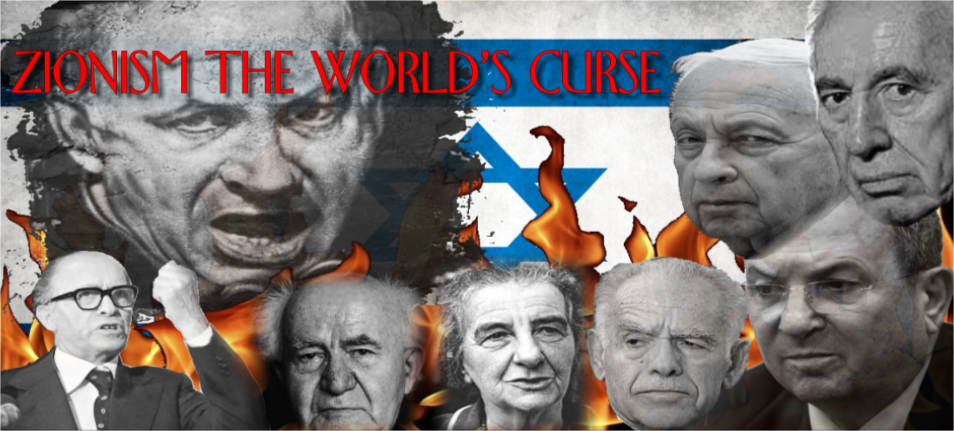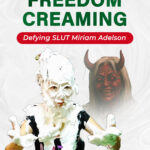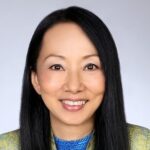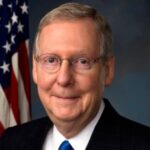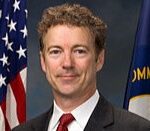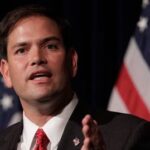Christopher Hitchens – The Trials of Henry Kissinger [FULL]
Published on Jul 2, 2013
Part contemporary investigation and part historical inquiry, documentary follows the quest of one journalist in search of justice. The film focuses on Christopher Hitchens’ charges against Henry Kissinger as a war criminal – allegations documented in Hitchens’ book of the same title – based on his role in countries such as Cambodia, Chile, and Indonesia.
Kissinger’s story raises profound questions about American foreign policy and highlights a new era of human rights. Increasing evidence about one man’s role in a long history of human rights abuses leads to a critical examination of American diplomacy through the lens of international standards of justice.
Christopher Hitchens on the Trials of Kissinger
Published on Dec 2, 2013
Christopher Hitchens on the Trials of Kissinger
Christopher Eric Hitchens (13 April 1949 — 15 December 2011) was a British-Americanauthor and journalist. Hitchens contributed to New Statesman, The Nation, The Atlantic, The London Review of Books, The Times Literary Supplement and Vanity Fair. He was the author of twelve books and five collections of essays, and concentrated on a range of subjects, including politics, literature and religion. A staple of talk shows and lecture circuits, his confrontational style of debate made him both a lauded and controversial figure. Known for his contrarian stance on a number of issues, he excoriated such public figures as Mother Teresa, Bill Clinton, Henry Kissinger, Lady Diana, and Pope Benedict XVI. He was the older brother of author Peter Hitchens.
Long describing himself as a socialist, Hitchens began his break from the established political left after what he called the “tepid reaction” of the Western left to the Rushdie Affair, followed by the left’s embrace of Bill Clinton, and the “anti-war” movement’s opposition to intervention in Bosnia-Herzegovina—though Christopher did not leave his position writing for The Nation until, post-9/11, he felt the magazine had arrived at a position “that John Ashcroft is a greater menace than Osama bin Laden.” The September 11 attacks “exhilarated” him, bringing into focus “a battle between everything I love and everything I hate,” and strengthening his embrace of an interventionist foreign policy which challenged “fascism with an Islamic face”. His numerous editorials in support of the Iraq War caused some to label him a neoconservative, although Hitchens insisted he was not “a conservative of any kind”, and his friend Ian McEwan described him as representing the anti-totalitarian left. Indeed, in a 2010 BBC interview, he maintained that he was a leftist.[9]
A noted critic of religion and an antitheist, he said that a person “could be an atheist and wish that belief in God were correct”, but that “an antitheist, a term I’m trying to get into circulation, is someone who is relieved that there’s no evidence for such an assertion.” According to Hitchens, the concept of a God or a supreme being is a totalitarian belief that destroys individual freedom, and that free expression and scientific discovery should replace religion as a means of teaching ethics and defining human civilization. His anti-religion polemic, God Is Not Great, sold over 500,000 copies.
Hitchens died on 15 December 2011, from complications arising from oesophageal cancer, a disease that he acknowledged was more than likely due to his lifelong predilection for heavy smoking and drinking. His death prompted tributes and eulogies from a range of public figures, including Tony Blair, Richard Dawkins, Sam Harris, Salman Rushdie, Lawrence Krauss, Martin Amis, James Fenton, Stephen Fry, Francis Collins and others.
Christopher Hitchens – Discussing the crimes of Henry Kissinger
Published on Jun 2, 2013
Kissinger’s involvement in Indochina started prior to his appointment as National Security Adviser to Nixon. While still at Harvard, he had worked as a consultant on foreign policy to both the White House and State Department. Kissinger says that “In August 1965… [Henry Cabot Lodge], an old friend serving as Ambassador to Saigon, had asked me to visit Vietnam as his consultant. I toured Vietnam first for two weeks in October and November 1965, again for about ten days in July 1966, and a third time for a few days in October 1966… Lodge gave me a free hand to look into any subject of my choice”. He became convinced of the meaninglessness of military victories in Vietnam, “…unless they brought about a political reality that could survive our ultimate withdrawal”.[22] In a 1967 peace initiative, he would mediate between Washington and Hanoi.
Nixon had been elected in 1968 on the promise of achieving “peace with honor” and ending the Vietnam War. In office, and assisted by Kissinger, Nixon implemented a policy of Vietnamization that aimed to gradually withdraw US troops while expanding the combat role of the South Vietnamese Army so that it would be capable of independently defending its government against the National Front for the Liberation of South Vietnam, a Communist guerrilla organization, and North Vietnamese army (Vietnam People’s Army or PAVN). Kissinger played a key role in a secret bombing campaign in Cambodia to disrupt PAVN and Viet Cong units launching raids into South Vietnam from within Cambodia’s borders and resupplying their forces by using the Ho Chi Minh trail and other routes, as well as the 1970 Cambodian Incursion and subsequent widespread bombing of suspected Khmer Rouge targets in Cambodia. The bombing campaign contributed to the chaos of the Cambodian Civil War, which saw the forces of US-backed leader Lon Nol unable to retain foreign support to combat the growing Khmer Rouge insurgency that would overthrow him in 1975.[23][24] Documents uncovered from the Soviet archives after 1991 reveal that the North Vietnamese invasion of Cambodia in 1970 was launched at the explicit request of the Khmer Rouge and negotiated by Pol Pot’s then second in command, Nuon Chea.[25] The American bombing of Cambodia killed an estimated 40,000 Cambodian combatants and civilians.[26] Pol Pot biographer David Chandler argues that the bombing “had the effect the Americans wanted — it broke the Communist encirclement of Phnom Penh,”[27] while Christopher Hitchens asserts that the bombing may have increased recruitment for the Khmer Rouge.
Along with North Vietnamese Politburo Member Le Duc Tho, Kissinger was awarded the Nobel Peace Prize on December 10, 1973, for their work in negotiating the ceasefires contained in the Paris Peace Accords on “Ending the War and Restoring Peace in Vietnam,” signed the January previous.[20] Tho rejected the award, telling Kissinger that peace had not been really restored in South Vietnam.[28] Kissinger wrote to the Nobel Committee that he accepted the award “with humility.”[29][30] The conflict continued until an invasion of the South by the North Vietnamese Army resulted in a North Vietnamese victory in 1975 and the subsequent progression of the Pathet Lao in Laos towards figurehead status.
http://en.wikipedia.org/wiki/Henry_ki…
